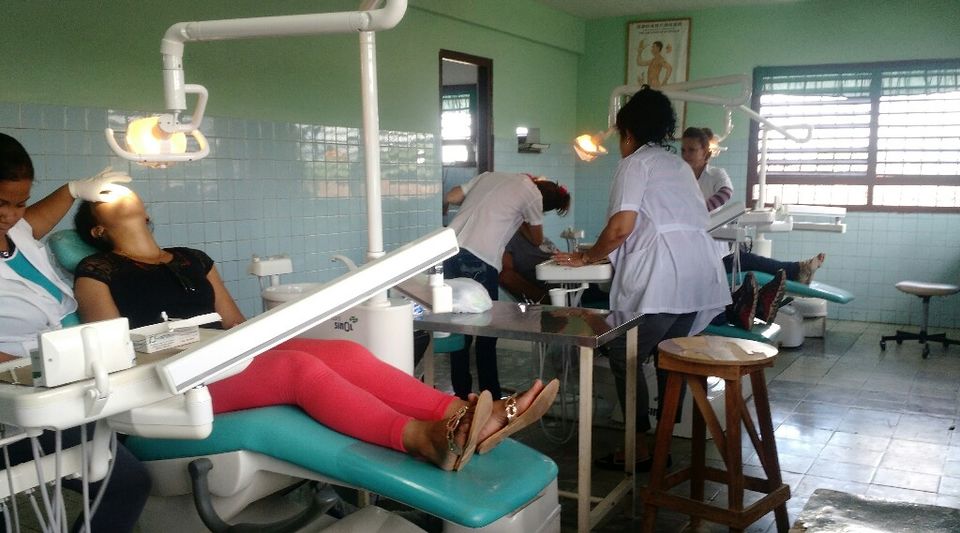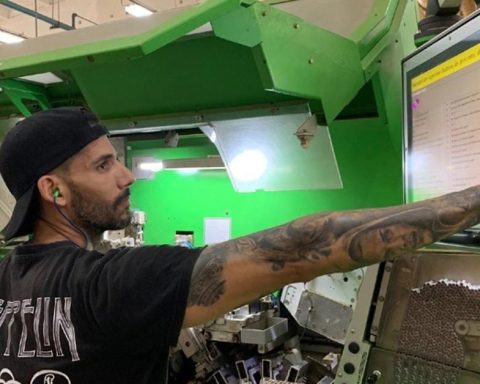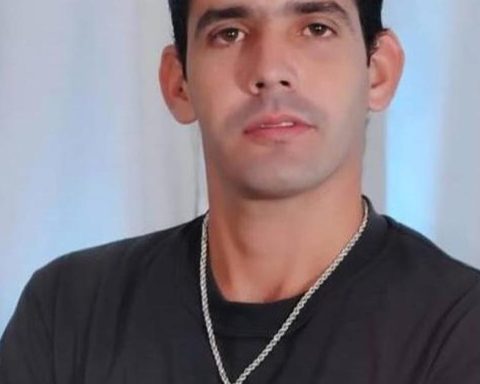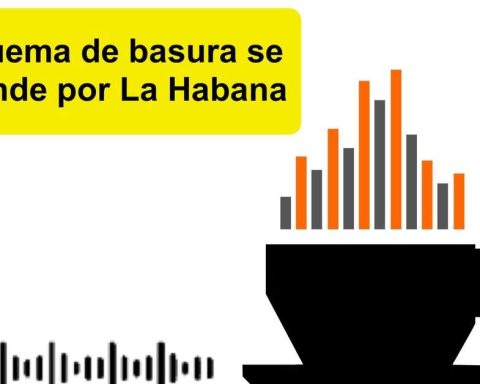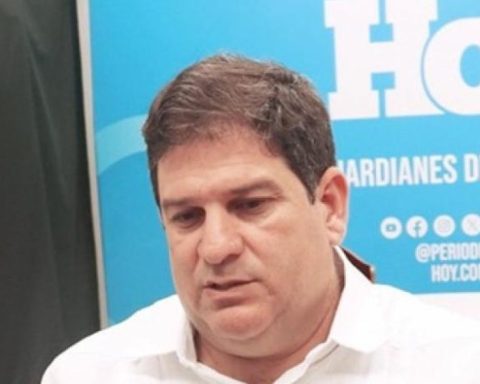“I have to put everything through the blender to be able to eat,” lamented Marcia González this Monday outside the stomatology clinic at the 19 de Abril Polyclinic in Havana. The woman has been waiting three years for the material to make dental prostheses, a product that is scarce throughout Cuba.
“First, all the non-emergency services were closed due to the pandemic, but now, when they reopened, they are not making prostheses because the material has not arrived,” Gonzalez, 72, tells 14ymedio. “And they warned me that when I arrive there is already a long queue.”
The woman needs a lower prosthesis and another for the upper part. “This not only has an effect on what I can eat, but also limits my social life. Luckily, with the mask I can hide that I have missing teeth, but I no longer go to visit any friends or go out anywhere because I it’s embarrassing.”
“At the moment we cannot make total or partial prostheses,” an employee of the Polyclinic who preferred anonymity confirmed to this newspaper. “In many cases, patients first have to go through a process of extracting some pieces in poor condition and then comes the part of the prosthesis, but now we have everything stopped.”
“At the moment we cannot make total or partial prostheses,” an employee of the Polyclinic who preferred anonymity confirms to this newspaper
At the June 14 Polyclinic in Luyanó and at the Santa Catalina Stomatology Clinic, both in the municipality of Diez de Octubre, the scenario is repeated. In the latter, subjected to a repair that concluded in 2018, “attention is given to three health areas and in good times we attend to more than 20 patients a day in the prosthesis area,” details a dentist.
The reason for this lack points to the lack of liquidity that the country faces, which prevents it from buying raw materials abroad. The problem has severely affected the public health system and the distribution of medicines in pharmacies, but it also affects services such as X-rays, ophthalmology and orthodontics.
“As time goes by and the patient does not receive his prosthesis, he may suffer changes in the features of the face, for example, the jaw moves forward and the cheekbones also stand out more”, acknowledges the dentist. “But it’s not just a matter of aesthetics, feeding difficulties can compromise the entire digestive system.”
Now, all those who arrive asking about the possibility of having a prosthesis come across the same answer: “They are not being done, come back in a few months to see if material has already arrived.” Most have to wait, although there are always some who decide to opt for a stomatologist who does informal work.
Although in Cuba it is forbidden for dentists graduated after 1959 to practice privately, it is a widespread practice for these specialists to use the infrastructure of state consultations to carry out private work. Some even have small dental offices in their homes or make home visits.
Raydel explains that now there is a lot of demand for material because “there are many people wanting to leave Cuba and they prefer to make these types of arrangements here because they want to look good to find a job out there”
However, the punishment for the private practice of the profession can end in the annulment of the university degree and the impossibility of returning to practice within the country, hence the business is fundamentally based on trust between the dentist and his patient, to which family contacts and friendships are essential.
“My business is to bring the material for prostheses from Mexico,” Raydel, a Cuban nationalized Spanish who earns a living importing goods from that country, tells this newspaper. “I work with regular clients who are mostly stomatologists who work on the left. My products are of good quality.”
Raydel imports bags of alginate to take impressions of the patients’ mouths, clear acrylics and acrylic resin of various shades for the creation of the prosthesis, as well as complete sets of teeth of various shades. “It’s a good business because they are small-sized merchandise that can be sold at a good price.”
For example, each set of teeth sells for between $36 and $45, while a 500-gram bag of alginate costs more than $120. “I work with several dentists who go to the clients’ homes, take the impressions there, in a few days they deliver the prosthesis and everyone is happy.”
Raydel explains that there is now a lot of demand for material because “there are a lot of people wanting to leave Cuba and they prefer to make these types of arrangements here because they want to look good to find a job out there or for the visa interview here.”
The age of denture clients varies greatly. “It’s not just older people, there are a lot of young people because dental health here is poor and I’ve seen a lot of clients under 40 who pay for a full denture,” she acknowledges. “There are also people who from abroad pay for the prosthesis to their relatives in Cuba, because they cannot continue waiting for the material to arrive at the state clinics.”
________________________
Collaborate with our work:
The team of 14ymedio is committed to doing serious journalism that reflects the reality of deep Cuba. Thank you for joining us on this long road. We invite you to continue supporting us, but this time becoming a member of our newspaper. Together we can continue transforming journalism in Cuba.
